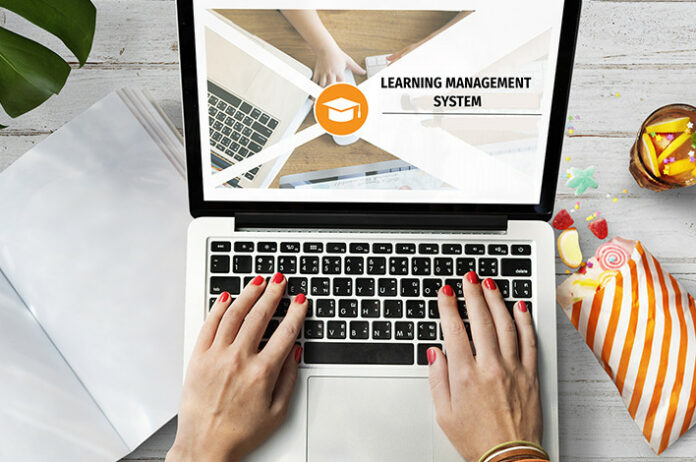Almost everyone knows that a good learning management system (LMS) can help students achieve more in their academic program. However, not many people know the specific features that an LMS can offer. In this post, we will discuss the importance of an LMS, its various features, and the benefits students can expect from using one.
So whether you’re a teacher looking for an efficient way to track student progress or a student who wants to be more engaged in your coursework, read on for helpful advice.
Tracking and Reporting
An LMS can play an important role in tracking student progress. In particular, an LMS can provide teachers with a system to manage and report on student achievement data. This allows educators to see which students are struggling and quickly provides them with the information they need to help those students improve their academic performance.
An LMS also often has features that allow students to share their work with classmates or instructors. This makes it easier for everyone involved – from the teacher assisting struggling students to peers who want help understanding a concept –to collaborate effectively.
Efficient Course Management
An LMS can also be a valuable tool for managing and tracking courses. This allows instructors to easily track what students are required to know to graduate, as well as ensure that all students follow the same curriculum.
Additionally, an LMS often has features that allow teachers and students to share notes and homework assignments electronically. This makes it easier for everyone involved – from the student who forgot their laptop at home to the teacher running behind –to stay on track with their academic program.
Engagement and Motivation
Besides tracking student progress, an LMS can also help to engage students in their academic program. There are LMSs that allow students to share ideas and work together on projects. This helps to build teamwork skills and engagement in the course material.
In addition, many LMSs have built-in tools that encourage engagement with course materials outside of class hours. For example, some systems like Blackbaud offer opportunities for online quizzing or collaborative writing assignments. Blackbaud pricing is worth investigating if you want to increase student engagement in your courses.
These activities can help keep students learning regardless of whether or not they are present in a classroom setting.
Collaboration and Communication
One of the key benefits of using an LMS is its ability to facilitate collaboration and communication between students and teachers. An LMS allow instructors to assign homework or online quizzes. This way, all students in a class can see the same content simultaneously, which encourages discussion and a better understanding of the material.
Most LMSs have tools that allow educators to track student interaction with course materials. This allows them to gauge how well each student is learning from their course material and identify which topics require more attention from individual students.
Convenience and Flexibility
Most systems allow instructors to create custom course materials specific to their teaching style. This way, students won’t feel overwhelmed by the amount of material they need to learn at once.
Additionally, LMS offers features that make it easy for educators to communicate with students outside of class hours. For example, some systems provide online chat or messaging opportunities between students and teachers.
This way, educators can keep track of student progress even when they are not available in a physical classroom.
Conclusion
As we have seen, using an LMS can be a beneficial way for educators to keep their students learning regardless of whether or not they are present in a physical classroom. It is convenient and flexible and offers features that make collaboration and communication between students and teachers much easier.



